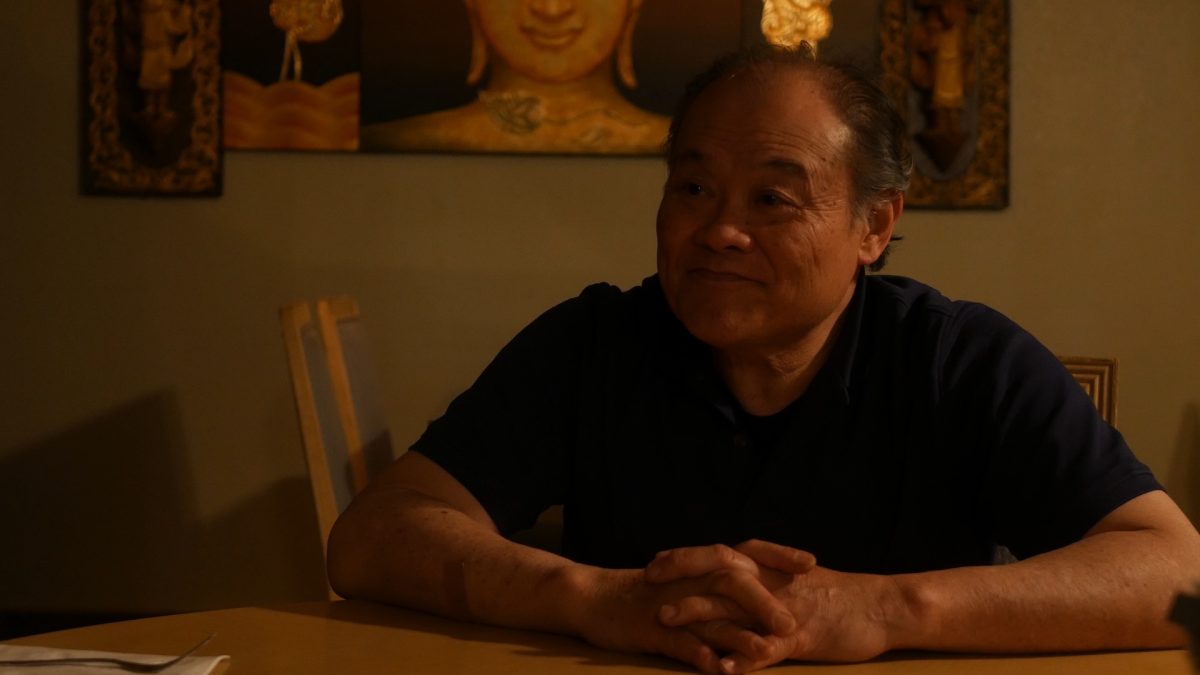Drive 2.5 miles west of Sonoma State, and you’ll end up at Mai Vietnamese Cuisine, a wonderful Vietnamese restaurant tucked away in the corner of the small gray shopping outlet. Upon sitting down and opening the menu, besides the friendly and kind staff, you’re greeted with two words: No MSG.
For decades, Asian American restaurants, and more specifically Chinese restaurants in the US have had to state they don’t use MSG in their foods. But what is MSG? What foods have it? And is it really unhealthy for you?
“Monosodium glutamate is an occasional additive to foods – it enhances flavor. But the whole thing about it is totally overblown because glutamate by itself is an amino acid, and one of the 20 amino acids that make up proteins,” said SSU Biology Professor Nicholas Geist. In the early 1900s, Japanese scientist Kikunae Ikeda isolated glutamate and chemically modified it by adding bits of sodium, so it would be more stable. “What he found is that this ingredient was isolated from kelp,” said Geist, “And that this enhanced flavor, it’s a fifth flavor modality known as Umami.” Sweet. Salty. Bitter. Sour.
“Those are the four that everyone knew about, it just hadn’t been recognized yet,” said Geist, “Umami is better to add translated in English to savory, like the flavor in a beef, chicken, or a miso broth.” “The fact that it has this acronym [and] sounds like some kind of exotic scientific thing made in a laboratory. If it was named beetroot powder, or something like that, then people would probably be a lot more skeptical about these stories.”
Mari Morris is a Professor in the Health Sciences department at Santa Rosa Junior College. “MSG naturally occurs in foods that contain high levels of free glutamate, such as tomatoes, mushrooms, cheese (such as parmesan), soy sauce, and certain types of seaweed,” said Morris. Morris explained that the negative stereotypes surrounding MSG started due to racism and xenophobia, targeting oftentimes Asian cuisines. “Messaging at a restaurant saying ‘we don’t use MSG’ implies that MSG is bad; but the truth is like anything we consume, how much and how often you consume something will be the determining factor on the impact to your health,” said Morris.
The moral panic began when a study in 1969 said that “Monosodium L-glutamate is the cause of the Chinese restaurant syndrome,” and that “In appropriate doses it causes burning sensations, facial pressure, and chest pain,” This racist theory has been debunked numerous times over the years by countless other studies.
As media picked up the story, Chinese and Asian restaurants across the country have had to deal with the assumption that their food is unhealthy, salty, and filled to the brim with MSG. These assumptions haven’t gone away. Sananee Wuse and Robert Wise opened Viethai Cuisine together in early Feb. “There’s been two specific [customers] that have asked about MSG,” said Wise.
“Part of my training is being kind of sensitive to people’s food needs because some of them especially peanut allergies, and things like that, and I’ve seen a lot of those issues come up as well,” he said, “But, it’s not entirely on the server or the management, but for the people that they have these issues.”
Sam Phattharawittakorn and Ladda Phattharawittakorn opened Thai Tipp Cuisine 18 years ago in Santa Rosa. “Customers asked us from the beginning when we opened the restaurant [if we had MSG in our foods].” I asked him when was the most recent time someone came into the restaurant, asking about MSG. “It was a few days ago,” he said while smiling, “It’s all the time.”





![[Both photos courtesy of sonoma.edu]
Ming-Ting Mike Lee stepped in as the new SSU president following Sakakis resignation in July 2022](https://sonomastatestar.com/wp-content/uploads/2024/04/CC4520AB-22A7-41B2-9F6F-2A2D5F76A28C-1200x1200.jpeg)




























